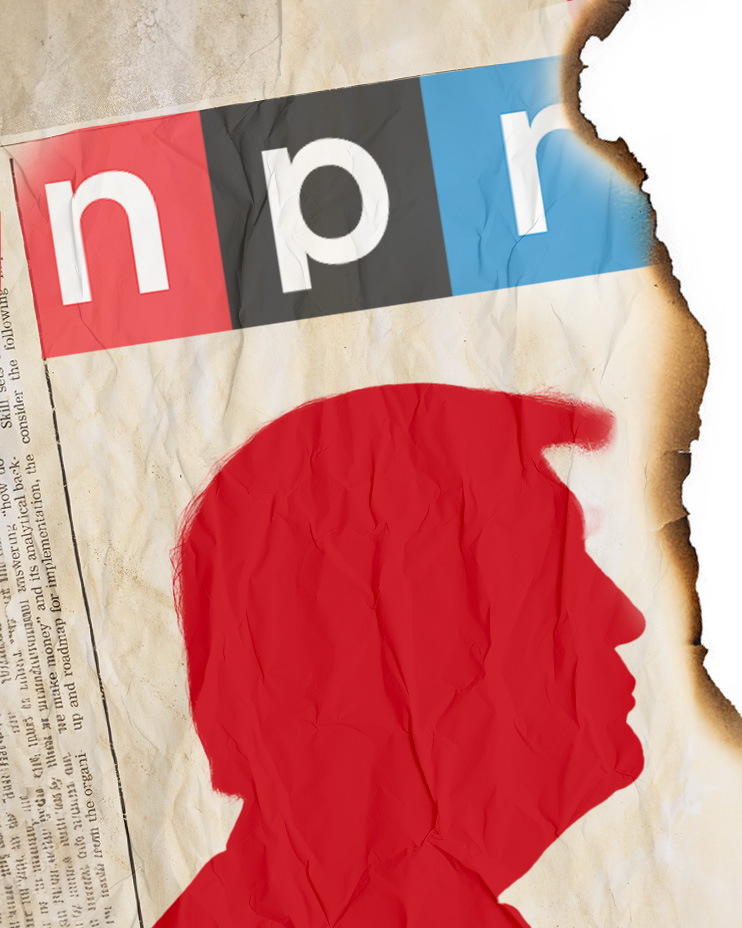Philippines' biggest TV network silenced after years feuding with Duterte
Manila — The Philippine government ordered the country's largest broadcast network, ABS-CBN, to stop broadcasting immediately on Tuesday after its license expired. The network, which employs about 11,000 people, went off the air on free TV and radio across the Philippines on Tuesday evening.
"This is in compliance with the cease and desist order issued by the National Telecommunications Commission (NTC) today that prohibits ABS-CBN from continuing its broadcast operations effective immediately," the company said in a statement.
Congress has sole authority in the Philippines to grant broadcast licenses, but lawmakers in the Lower House, who are overwhelmingly allied with President Rodrigo Duterte, have declined to act on bills seeking the renewal of ABS-CBN's permit. Duterte has repeatedly stated his disdain for the network and the family who own it.
Critical coverage of the government's controversial war on drugs has angered the Philippine leader, but his gripe with ABS-CBN predates that, going back to the 2016 presidential election when he accused the network of refusing to run a number of his campaign's political ads.
Duterte accepted an apology from ABS-CBN President Carlo Katigbak in a Senate hearing in February. During those proceedings Philippine Justice Secretary Menardo Guevarra said the government could issue provisional authority to allow ABS-CBN to continue broadcasting while the network waited for official legislative approval of its license.
On Sunday, however, as journalists marked World Press Freedom Day, the Philippine government's top lawyer, Jose Calida, threatened to charge regulators at the National Telecommunications Commission (NTC) with graft if they went ahead with granting ABS-CBN a temporary permit. Calida had also filed a case asking the Supreme Court to invalidate the media giant's license. NTC officials have said they've no choice but to follow the law.
Media organizations and press freedom advocates call the order for ABS-CBN to stop broadcasting an attack not only on the company, but on freedom of speech and the country's fragile democracy.
"The order threatens press freedom at a time when the public needs an unfettered press the most," the Foreign Correspondents Association of the Philippines said in a statement. "As the Philippines reels from the fallout of the coronavirus pandemic, ABS-CBN's critical eye is needed now more than ever to help inform the public."
ABS-CBN is not the first news organization to be on the receiving end of pressure from Duterte's government. Maria Ressa, who was a correspondent for CNN International and now runs the Manila-based online news service Rappler, is facing close to a dozen court cases.
Ressa told "60 Minutes" last year that she's been threatened not just with imprisonment, but rape and even death for her reporting on Duterte's drug war.
Separately, Ressa told CBSN that Duterte's policies were an attempt to silence and manipulate the media to pervert the course of democracy, and she called it "a cautionary tale for the United States."



